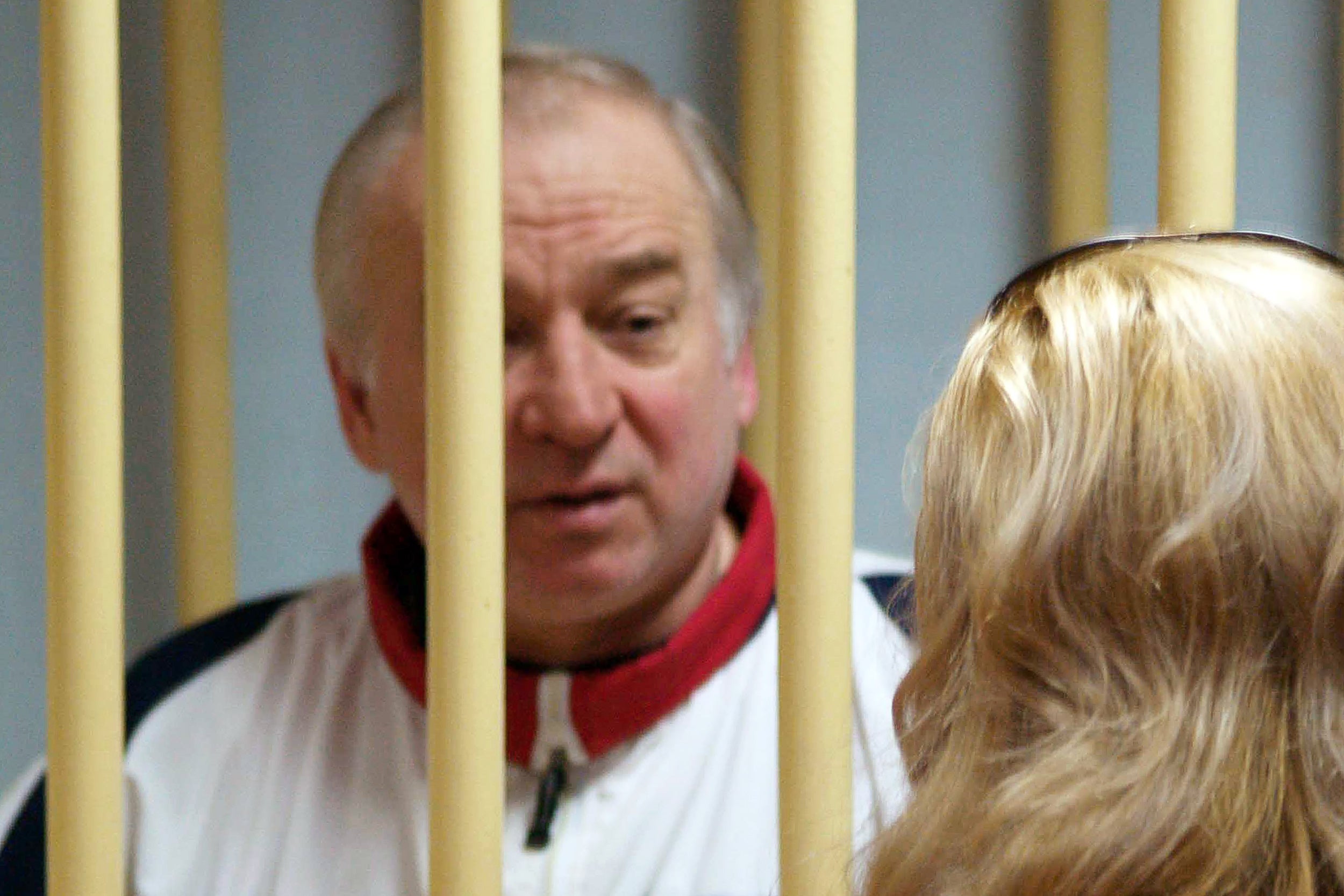A boy fell ill after feeding ducks in Salisbury with Sergei Skripal, shortly after the former Russian spy had been poisoned with Novichok, it has been revealed.
The revelation came on Monday during the inquiry into the death of Dawn Sturgess, who died in July 2018 after spraying herself with a perfume bottle containing the Russian nerve agent, believed to have been carelessly discarded after the attack on Mr Skripal four months prior.
In CCTV footage shown to the inquiry on Monday, Mr Skripal could be seen handing the boy bread to feed ducks in Salisbury, shortly before he and his daughter Yulia both collapsed on a bench in the city centre.
The boy was later traced, along with two others who were with him, and told authorities that they had been ill for a day or two after their encounter with the Skripals on 4 March 2018, the inquiry heard.
However, no traces of Novichok were found on them when they were eventually tested, according to the Metropolitan Police’s counter-terror lead Commander Dominic Murphy, who showed the footage as part of efforts to set out the Skripal’s movements in the hours after they were poisoned.
This included showing footage of them driving into Salisbury, handing the boy bread to feed the ducks, having a drink in The Mill pub and heading to Zizzi restaurant.
The Skripals left this restaurant after they began to feel unwell and because they were struggling to have their main course served. The CCTV footage showed them walking to sit on a bench, where they were later found collapsed.
The previous day, Mr Skripal’s neighbours Ross and Maureen Cassidy had driven Mr Skripal to pick his daughter Yulia up from Heathrow Airport.
Mr Murphy said that two undercover police cars – which Mr Cassidy believed were following them on the return journey to Salisbury – were indeed Hampshire Police patrols. But the Met commander said he was satisfied that these vehicles were engaged in “entirely unconnected” police matters at the time.
In her most recent statement, Ms Cassidy said she could not remember whether she held the door handle when she pushed the Skripals’ outer front door shut as she left the property. She said she did not feel unwell and was not tested for Novichok.

Mr Murphy told the inquiry that this information helped detectives set the “time parameters of when the Novichok is likely to have been applied to that door as 6pm on the Saturday and 1.30pm on the Sunday, when [the Skripals] then left.”
Mr Skripal, a former Russian GRU military intelligence agent convicted in Russia in 2004 on charges of spying for Britain, moved to Salisbury in 2010 after being freed in a prisoner swap.
He and his daughter are believed to have been poisoned by three alleged GRU agents named Aleksandr Mishkin, Anatoly Chepiga and Denis Sergeev. Police officer Nick Bailey – and later Sturgess’s partner Charlie Rowley – also fell ill after being exposed to the chemical.

While it is highly unlikely Russia will ever extradiate the men to face charges brought in the UK, the inquiry is seeking to establish whether Sturgess died after being caught in the “crossfire of an illegal and outrageous international assassination attempt”, lead counsel Andrew O’Connor KC said earlier this month.
Mr Skripal told the inquiry as its public hearings began in Salisbury a fortnight ago that he believed Russian president Vladimir Putin “must have at least given permission for the attack” on him and his daughter.
In evidence heard in London on Monday, Mr Cassidy – a former Royal Navy sailor who became neighbours with Mr Skripal in 2010 – said the former spy had previously told him that he feared Mr Putin would “get him” if he returned to Russia.
Additional reporting by PA







